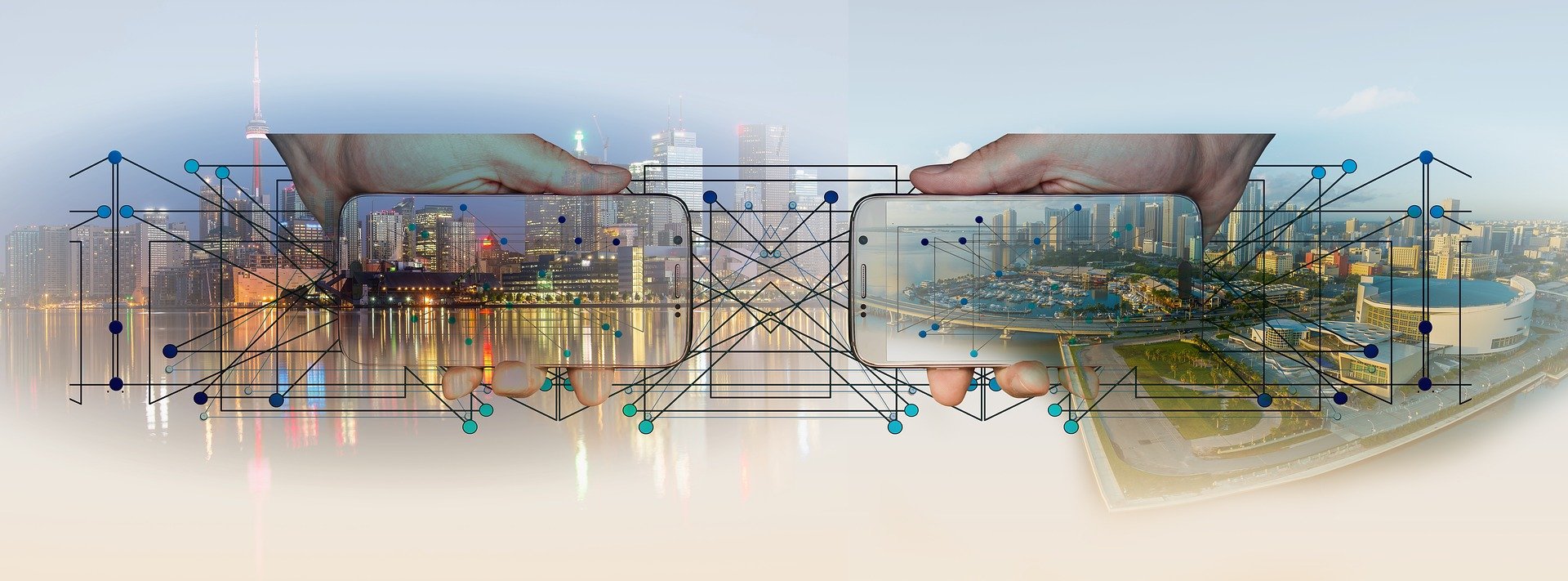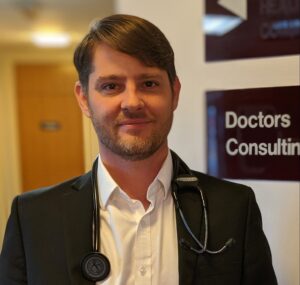

Dr Dean Eggitt
GP | Teacher | Politician | Speaker
- August 27, 2025
- 6:33 pm
- No Comments
Hot topics - AI in Healthcare
Artificial intelligence is reshaping the future of healthcare, and over the next decade its impact on the role of doctors will be profound. From AI‑powered diagnostic tools that improve accuracy and speed, to automated clinical documentation that frees up time for patient care, and predictive analytics that enable preventative medicine, technology is moving medicine towards a more data‑driven, personalised approach. Yet while AI in healthcare promises efficiency and better outcomes, the human touch – empathy, ethical judgement, and contextual decision‑making – will remain at the heart of every clinical encounter. This article explores how AI will redefine the role of doctors, the skills they’ll need to thrive, and why governance, trust, and patient relationships will matter more than ever in an AI‑driven future.
“How might AI change the role of doctors in the next decade?”
A strong answer doesn’t just list technologies – it shows you understand the balance between innovation and the irreplaceable human element of medicine.
From Science Fiction to the Clinic
AI is already assisting doctors in ways that would have been unthinkable a generation ago. In radiology, for example, AI‑powered image analysis can detect patterns invisible to the human eye. Google’s DeepMind breast cancer screening tool reduced false positives by 5.7% and false negatives by 9.4% in clinical trials. In one real case, a woman’s routine mammogram appeared normal to the radiologist, but the AI flagged a subtle irregularity. Further tests confirmed an early‑stage tumour – caught months earlier than traditional methods would have allowed.
In pathology, AI systems can scan thousands of slides in minutes, highlighting suspicious cells for human review. This doesn’t replace the pathologist – it accelerates their work and reduces the risk of oversight.
Freeing Doctors from the Paperwork Trap
Doctors often spend hours each day on administrative tasks – documenting consultations, processing referrals, updating records. AI‑driven transcription tools can now convert spoken consultations into structured notes in real time, while scheduling algorithms optimise clinic timetables. Philips has shown how AI can even automate patient positioning for CT scans, reducing repeat imaging and radiation exposure.
The result? More time for doctors to do what only they can do – listen, explain, reassure, and make nuanced decisions in complex cases.
Predicting Illness Before It Strikes
One of AI’s most exciting frontiers is predictive analytics. Systems are being trained to spot early warning signs of disease long before symptoms appear. In cardiology, AI models analysing ECG data have predicted atrial fibrillation risk years in advance, allowing for preventive interventions. Imagine being the doctor who can tell a patient, “We can act now to prevent a heart attack that might otherwise have happened in five years.”
The Limits – and the Need for Human Oversight
AI is only as good as the data it learns from. If that data under‑represents certain populations, the system’s recommendations can be biased. For example, dermatology AIs trained mostly on lighter skin tones have been shown to miss melanomas in darker skin. This is why doctors will remain essential – to interpret AI outputs in context, challenge them when necessary, and ensure care is equitable and ethical.
The Doctor – AI Partnership
The next decade will likely see doctors working alongside AI as collaborators. Future physicians will need to:
- Understand how AI systems reach their conclusions.
- Recognise when to trust them – and when to question them.
- Integrate AI insights with patient values, preferences, and lived experiences.
This partnership could mean faster diagnoses, more personalised treatments, and new research breakthroughs – but only if guided by human judgment, empathy, and professional responsibility.
In short, AI in healthcare isn’t about replacing doctors – it’s about amplifying their ability to care. The most effective doctors of the future will be those who can combine technological fluency with compassion, critical thinking, and ethical leadership.
AI won’t replace doctors. It will redefine what doctors do and how they do it. In the next decade, I see AI shifting clinicians’ focus from data handling to deeper patient interaction and complex decision‑making. First, diagnostic accuracy will improve as AI tools analyse imaging, lab results, and patient histories at scale - spotting patterns that might be invisible to the human eye. This won’t remove the doctor’s role, but it will help us identify risk earlier and personalise care pathways. Second, AI will streamline clinical administration: drafting notes, coding encounters, and even pre‑populating prescription data. That means less time on paperwork and more on meaningful patient engagement - which is where trust and therapeutic relationships are built. Third, predictive analytics will become standard in population health, helping doctors work proactively to prevent illness rather than reacting to it. This will position clinicians as care strategists as much as care deliverers. However, the human role will remain irreplaceable - especially in interpreting AI‑generated insights within the patient’s personal, cultural, and ethical context. The next decade will demand doctors who are not only clinically excellent, but also skilled in AI governance, bias awareness, and patient communication. In short, AI will give doctors sharper tools - but it’s still the doctor’s hand, and judgement, that matters most.
